Alagi Yorro Jallow
Mamudu: This country has lost so much to corruption and indiscipline that huge sums of money meant for infrastructural projects have lined up private pockets as well as in private bank accounts. If we keep living like this, a developed Gambia will remain a mirage! Our core problem is not just corruption, it is indiscipline! There appear to be no big solution to this country’s problems. But there are little solutions that, when combined, will ultimately create the big solution. Let us tackle corruption, incompetence, indiscipline in our private lives, while a committed leadership tackles them at the national level.
Mamudu: If only we could do something about these two cancers that are blighting our country, the Gambia would once again have the opportunity of holding its head high among the comity of nations. Otherwise, no matter how hard we worked, it would only be like fetching water with basket.
Just like indiscipline, corruption is now found in every facet of our life. This canker has serious ramifications for our country’s survival.
Rome, it is said, was not built in one day. We must commit to the input-process-output model if we are truly sincere about growth and progress. I do not think fasting and praying are as effective as upright living. I have said that before and I am saying it again. Religious rituals, with corruption, without righteousness, are mere exercise in futility.
Indiscipline and corruption account for almost all the problems that we are facing as a nation and affect almost every facet of our lives. These breed selfishness and not caring for what happens to the person next to you, stealing, robbery and all manner of related crimes.
Mamudu: Consider this; Littering and disposing garbage in residential areas. Haphazard construction in total disregard to physical planning rules. Dirty and disorganized public markets where traders take no responsibility to clean after themselves. Unregulated hawking supported by populist politics. Senior public officials driving on the wrong side of the road. Rowdy student’s incapable of dialogue. Absentee teachers in public learning institutions.
For if a politician put in charge of the country’s purse is corrupt and the police, who must arrest the politician, are corrupt, and the nurse, who must look after the patient, is corrupt and the judge, who must find people culpable and punished, is himself/herself corrupt, then whither are we drifting as a nation.
Politics based on glorified violence. Unruly law enforcement officers. A public transport system driven by hooliganism and lack of respect for passengers.
Indiscipline leads to disregard for law and order. An environment where disregard for order is the norm, where anything goes, such indiscipline manifests itself as corruption. Leaders like Paul Kagame of Rwanda understand this. That is why in Kigali, there is so much focus on the “petty” order issues – like being tough on littering, traffic offenses and order in public transportation.
Mamudu: Some months ago, residents in certain locations within the Greater Banjul Area told of harrowing experiences with bot fly maggots burrowing under their skin due to an unkempt dump site in the town. The bot fly experience is also visiting those living near a dumpsite next to Bakoteh. If the municipal and central governments where disciplined enough to respect NEA rules on waste disposal, this dehumanizing experience with bot flies would not have happened in the first place.
Mamudu: In Bakoteh, the largest poorly managed dump site is in the middle of a residential area. Nobody is in a hurry to relocate the dump site to a more appropriate location. It seems “fixing” roads and planting grass on Banjul Highway is important but not as much as the restoration of human dignity. The Bakoteh dump site operates as if the country is devoid of adequate environment and waste disposal law. The authority tasked with regulating the environment is yet to muster the courage to charge the Kanifing Municipal council and government officials in court.
This obsession with indiscipline follows us even in death. A visit to certain public cemeteries serves as an apt illustration of our indiscipline. Both public cemeteries have ran out of space. Our collective indiscipline cannot allow us to accept that fact. Government and municipal councils are busy elsewhere with lucrative contracting and not with “petty” but important things that give dignity to humanity. The effort to procure new land for cemeteries both in the country has fallen off the list of priorities for both central and local governments.
It is now common to find one fresh grave atop another. Dead bodies are being buried in pathways within the cemeteries. Grave memorials and tombstones are being desecrated to find space for the new dead. Disturbed marble plaques and concrete crosses lying hopelessly everywhere.
Rather than encouraging the country government fix the cemetery crisis, families are now busy “buying” and fencing off sections of the cemetery in advance, to secure a final resting place for their loved ones. Unfortunately, even certain communities within public cemetery is not spared the ongoing desecration.
Methinks that to effectively fight corruption, we must restore the place of order in our lives and ruthlessly punish indiscipline. From the ordinary man littering the streets, the public official who thinks traffic laws are not meant for him and the greedy real estate developer, together with his facilitators building on riparian land.
Mamudu: In this country, it is quite common to see people flout rules with impunity and get away with it. We pride ourselves on the façade of practicing the rule of law when everyone in Gambia has become a law onto themselves. Gambians litter indiscriminately and do not care a hoot whatever the consequences would be, we flout traffic regulations with careless abandon and create additional lanes without care, we park our cars anywhere and anyhow, sell at unauthorized places and erect structures indiscriminately even on waterways.
Did you notice the chaos, the absence of decorum, the indecency, the noise, and the child-like indiscipline? For years we have agonized over the Gambia’s failure to take off, development wise; the country’s inability to meet its potentials despite it being abundantly blessed with human and natural resources. For the nation’s present and past predicament, we have, like President Adama Barrow, looked for someone or something to blame. But we seem to have forgotten those little things that matter – personal discipline, self-respect, decency, humility, and sense of order. These are defining characteristics that are mostly absent in the social lives of our political and business elite. Any wonder why the country has been so continually messed up? How can a group of politicians most of who have little or no self-esteem, no social grace, and whose personal conduct so belittles their high offices possibly birth and superintend over an orderly society?
Mamudu: Many years ago, Gambians prided themselves on neatness and order which mostly prevailed in the countryside. This beautiful heritage is, unfortunately, also gradually fading away as people from the cities, with their bad habits, are infesting the communities with their crooked ways. When we travel abroad, we come back with tales of how neat and orderly the places we visited were. But Gambia can only be like the developed countries if we are determined to make it so. Now, we need to revolutionize the way we do things and ensure attitudinal change in people.
A non-Gambian could not but leave with the impression that Gambians are a noisy and unruly lot, a people lacking in self-respect and personal discipline, and who do not appreciate beauty and order. We should be worried when those who pass off this impression of the Gambians are the cream of our political elite, men and women who initiate laws, who formulate and implement policies.
Is it any wonder this cartel of political elite cannot envision the Gambia in 50 years and put structures in place to make such vision a reality? Any wonder why nobody seems to be thinking of tackling the education and health of the burgeoning youth population in the short and long term? Any wonder why a president would advertise the list of proposed infrastructural development and number of employment opportunities for youth and celebrate that as an achievement, or a legislator commission a pit latrine as constituency project?
Mamudu: We have all been caught in the quagmire; the educated and uneducated, the teacher and the student, the farmer and the office worker, the mechanic and the driver, the ruling authorities and the ruled. We are all involved. The phenomenon had become such a canker that it may need God’s divine intervention to free us.

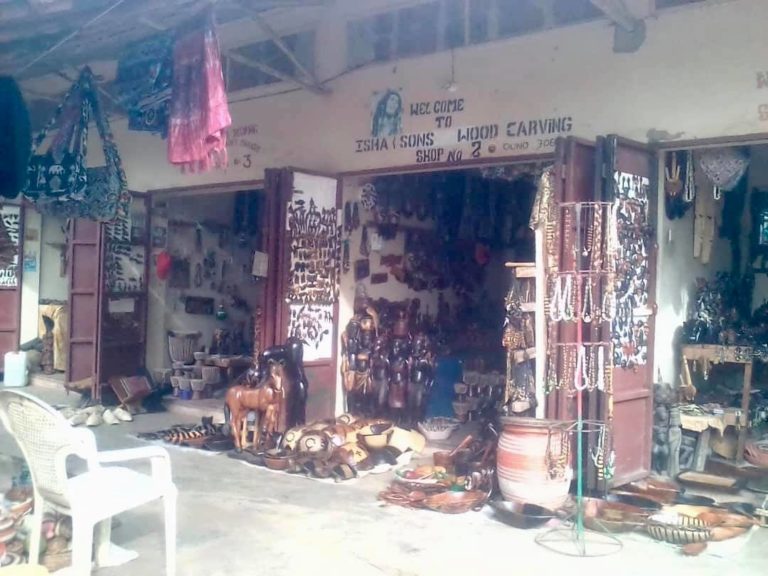
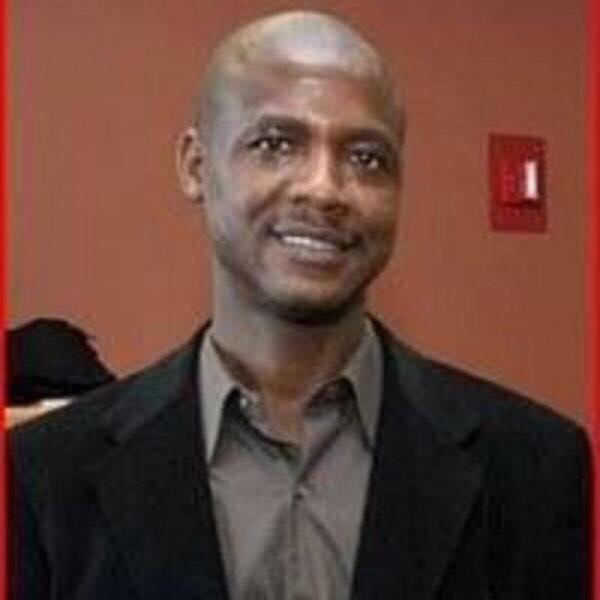
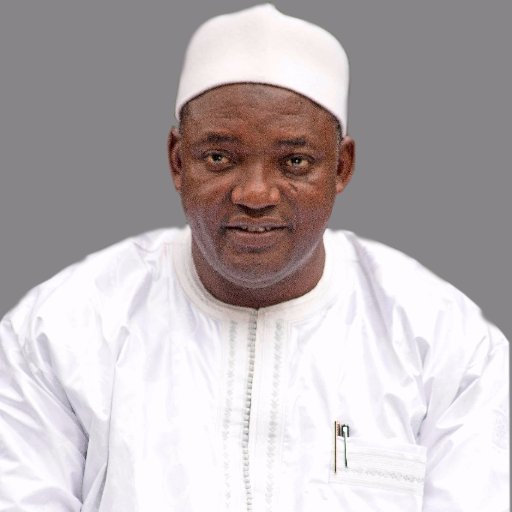
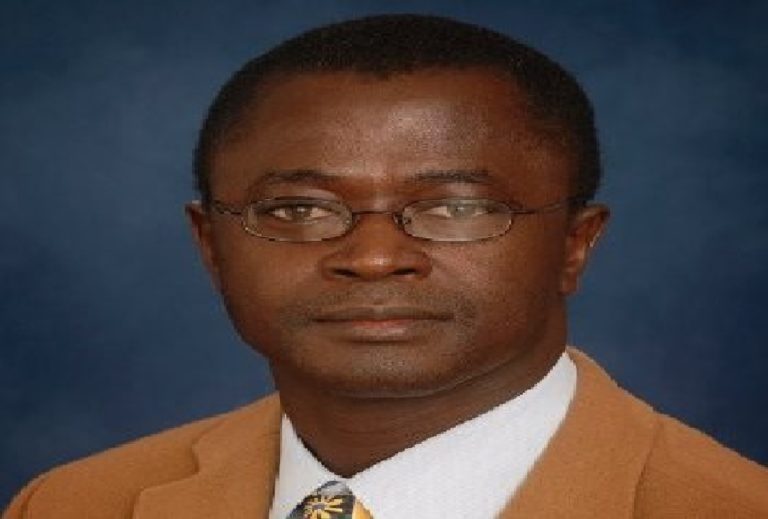
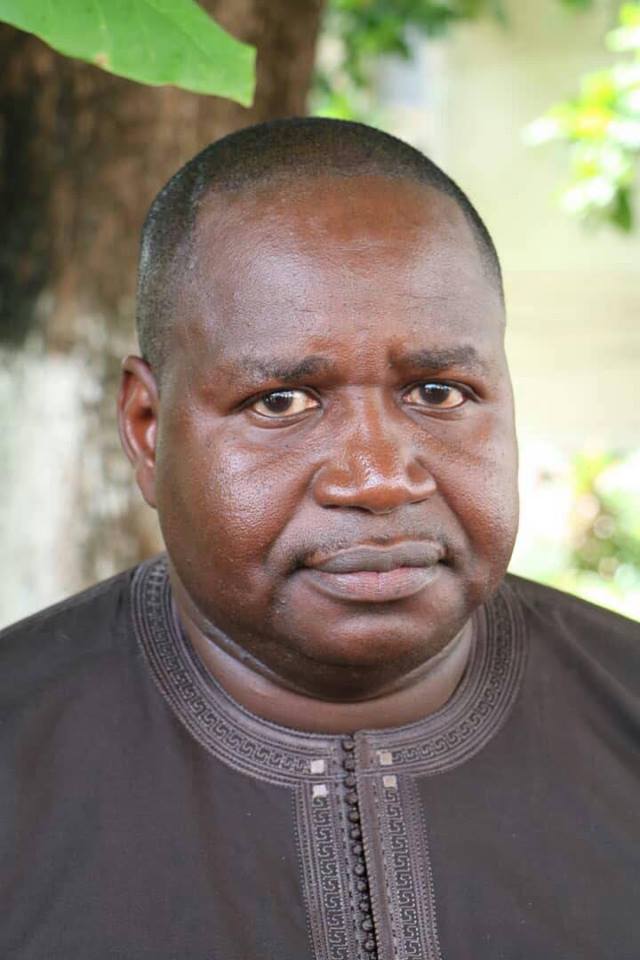


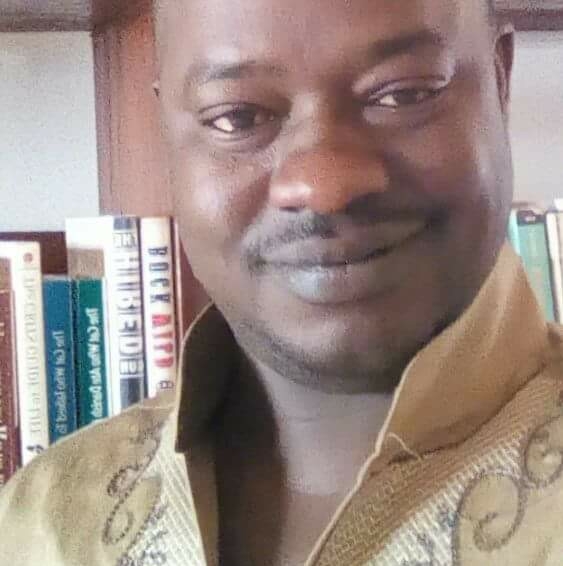
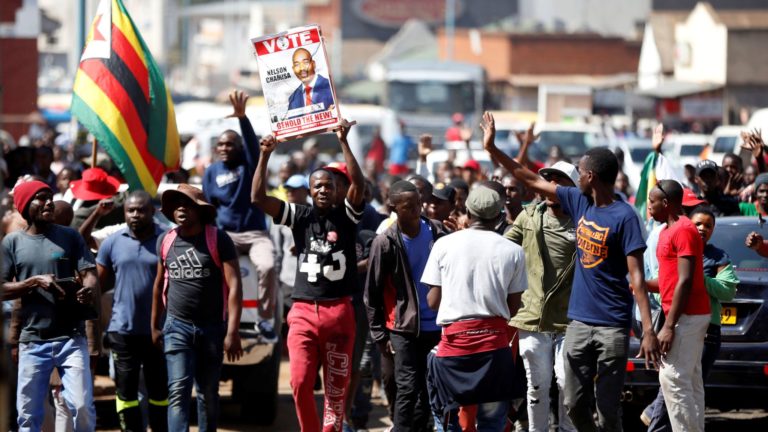
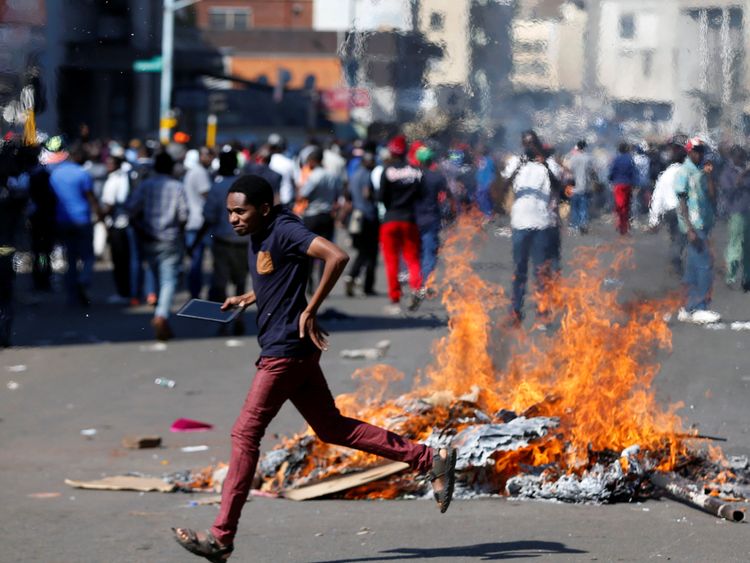
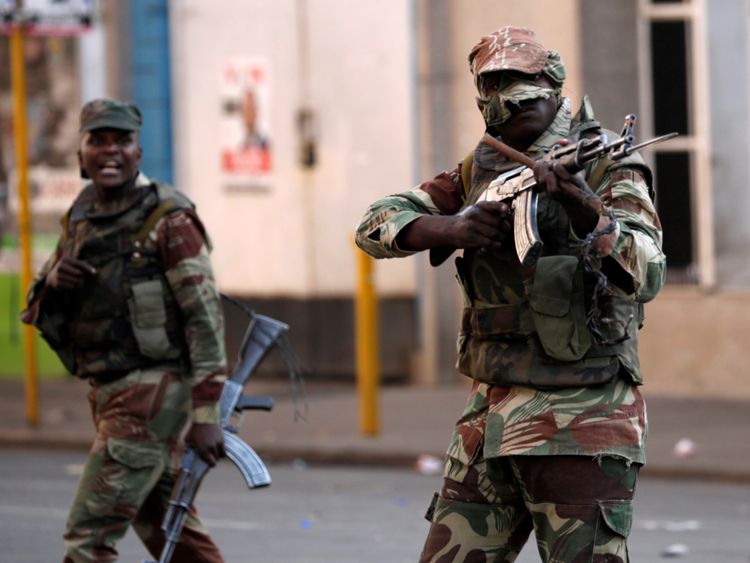
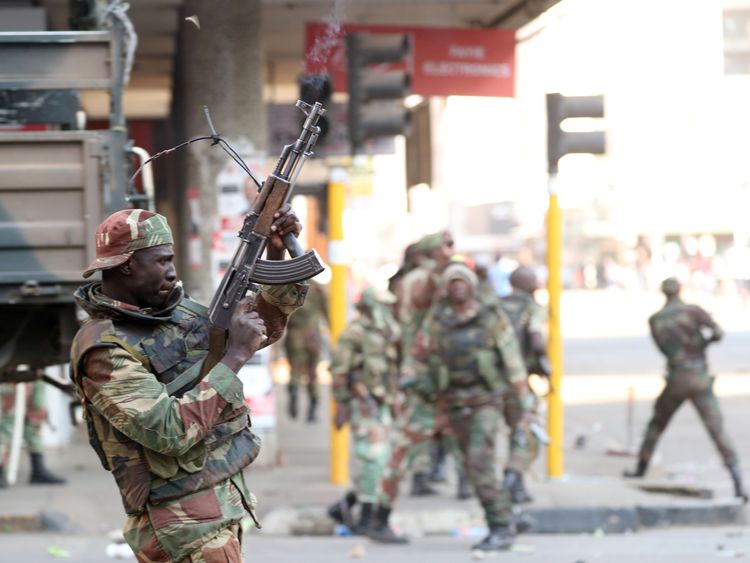
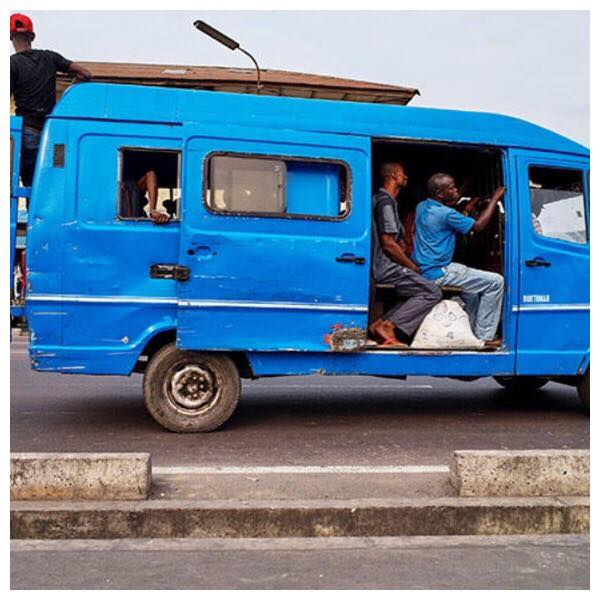
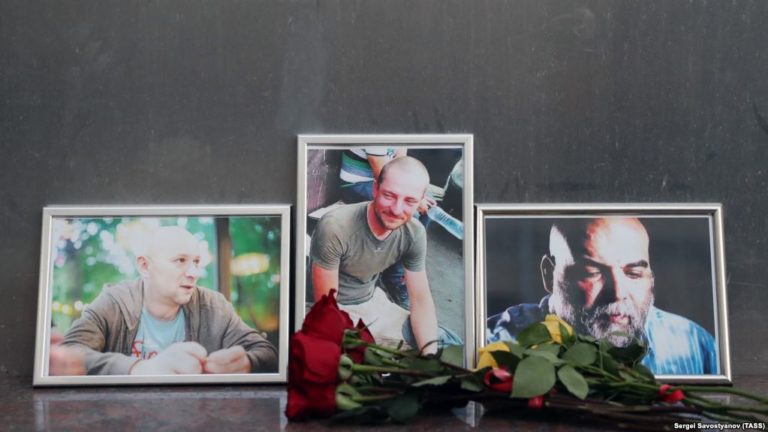
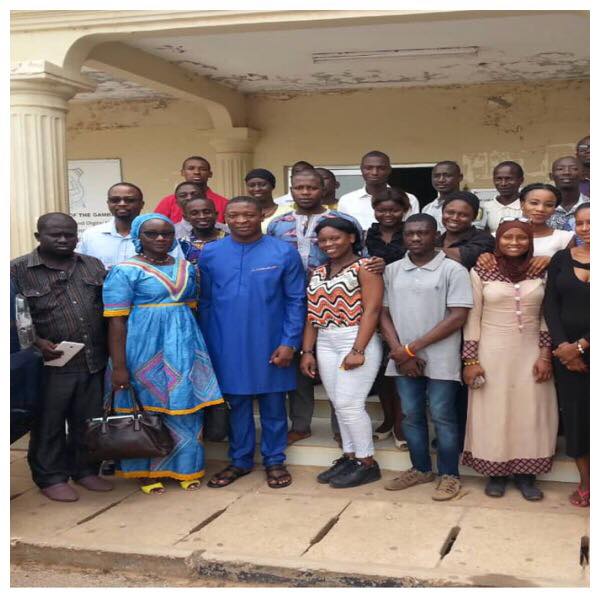
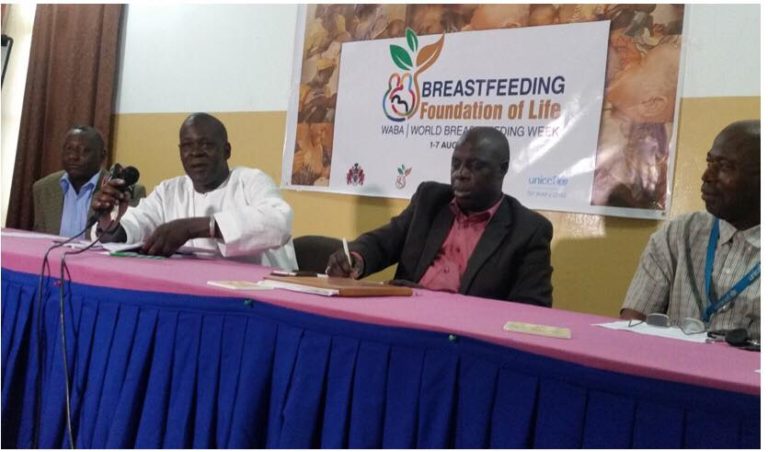
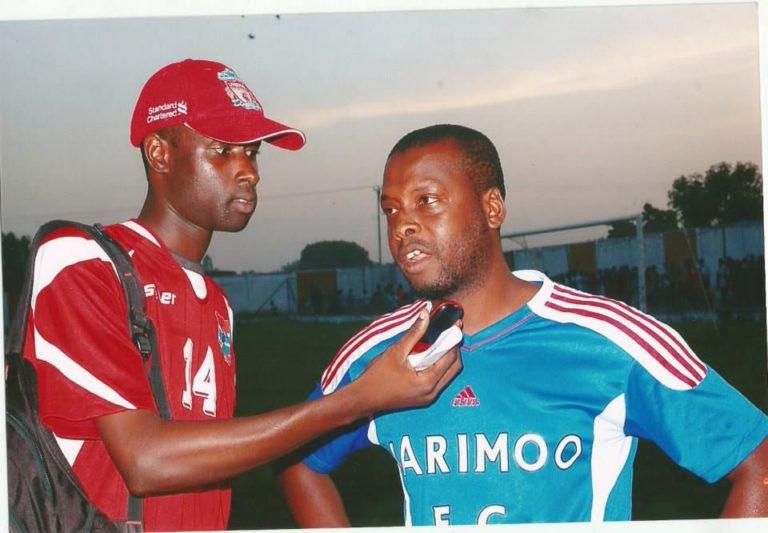
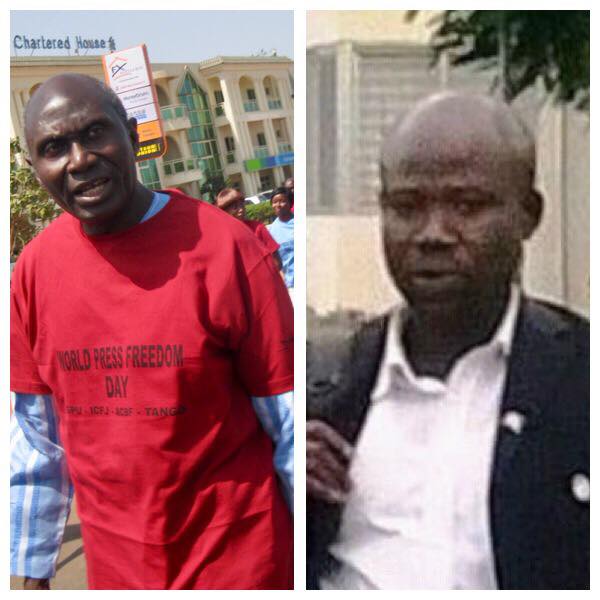
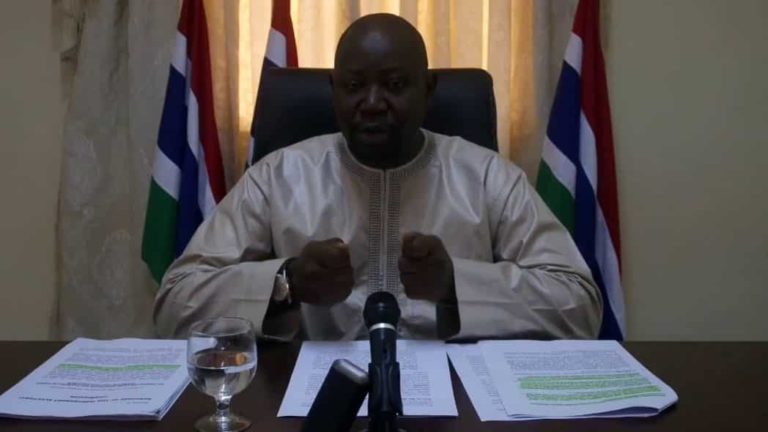
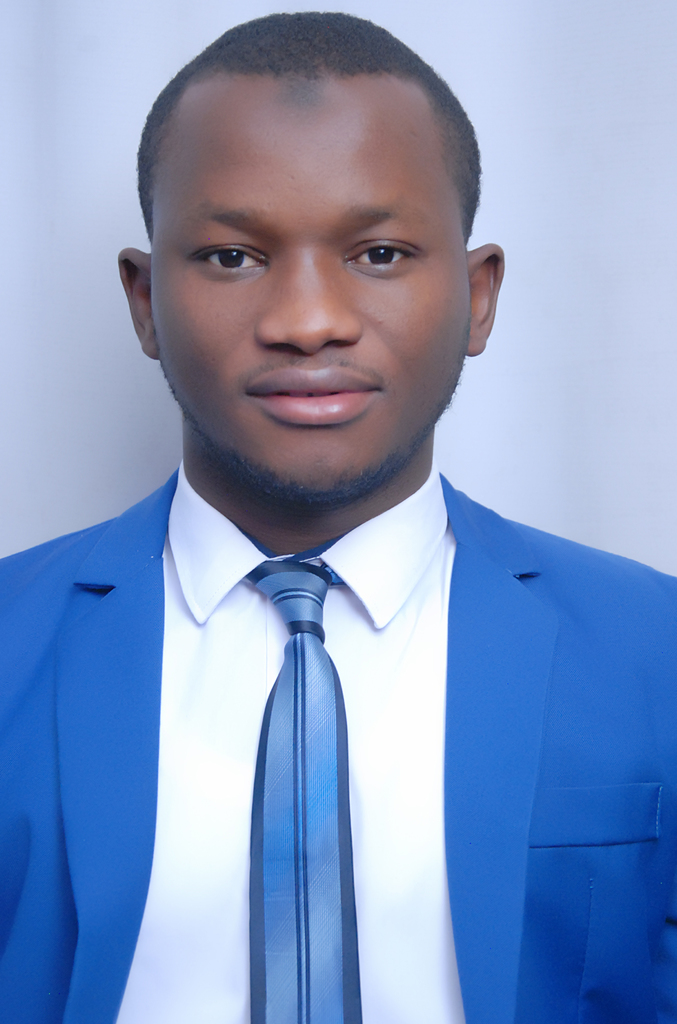
Body Of Asombie Bojang To Arrive Shortly On board A Special Flight
The Body of the late Fatou Aja Asombie Bojang, mother of former President, Yahya Jammeh is expected to arrive at the Banjul International Airport at 4:50pm local time.
The body is on board a special flight, CS-FAF Ceiba intercontinental Boeing 737 operated by White Airways.
According to internet search, White Airways is a Portuguese charter airline headquartered in Porto Salvo. It is said to mainly operate charter flights from Lisbon on behalf of tour opeartors as well as on lease on behalf of other airlines.
Once the body of the late Fatou Asombie Bojang arrives in Banjul, it will be escorted to her home village of Foni Bujinga in the West Coast Region where she will be laid to rest.